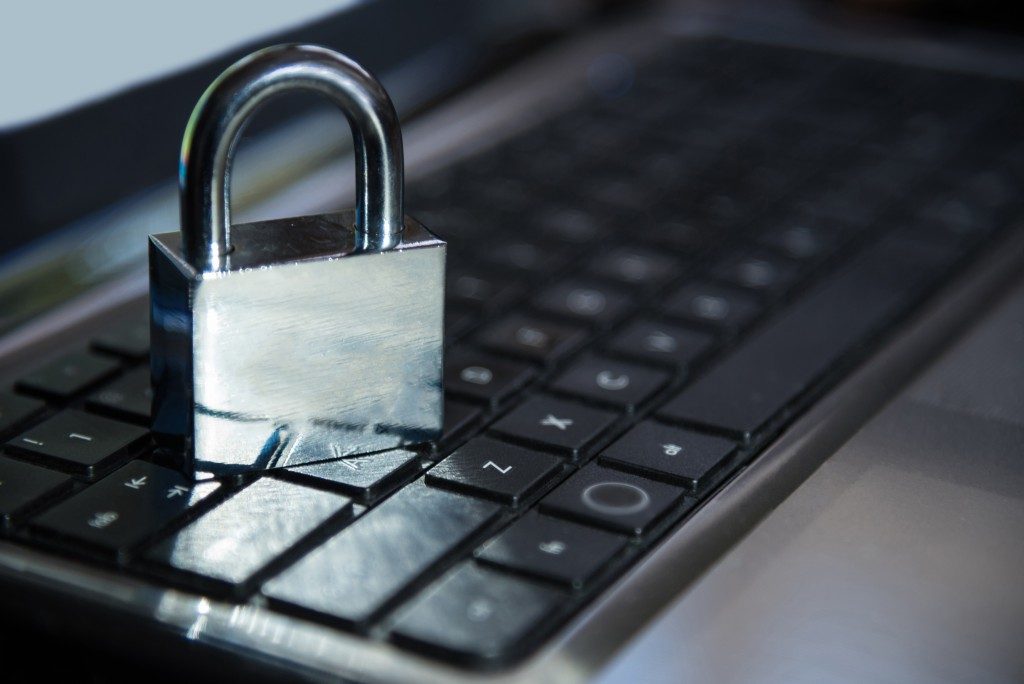Cybercriminals are continuously innovating their strategies that even high-profile companies are susceptible to fraud, data breaches, and phishing attacks. Companies who fail to protect their customers’ data face costly legal consequences and go bankrupt in an instant. Thus, whether you offer services through a website or sell products at a store, protecting your customers’ information against smart hackers should be a priority. Here are some ways to fend off the bad guys:
1. Complacency makes you a vulnerable target.
About 50% of all cyberattacks target small businesses because hackers assume that they do not have the proper defense system. Compared to larger companies, small business owners tend to have fewer resources to invest in cybersecurity measures and effectively manage cybercrimes. Remember that you are always a target regardless of the size of your business. So you need to be cautious and practice reasonable skepticism at all times.
2. Only collect the information you need.
When you collect and store more valuable information, you become a bigger target. For log-ins, it’s safer to provide a username and password instead of using customer’s confidential data such as social security number, email address, or phone number. If you need help, you can consult data management services.
3. Limit access.
Provide access to customer’s confidential data only to the employees who need to know the information. If an employee leaves the company, make sure to change the codes and passwords to prevent unauthorized access.

4. Maintain strong passwords.
This is an obvious recommendation that most small businesses often ignore. 8-character password is the usual suggestion, but cybersecurity experts advocate for 13-15 characters. Enabling two-factor authentication is also a great way to have an extra layer of security.
5. Always install software updates.
It can be tempting to click the “remind me later” button, but you need to install updates on time if you want to secure your customer data. Software updates include enhanced security features, and putting off these updates will leave the backdoors open for persistent hackers. Rebooting your system can be annoying, but never compromise your customer data to skip this minor inconvenience. If automatic update is an available option, don’t think twice about turning it on.
6. Educate your team.
Your employees handle customer information, so they need to learn how to protect this sensitive data. Educate them about the latest fraud schemes and urged them to employ the best data security practices. Train them to be suspicious of attachments and links from unsolicited email messages. Many employees enjoy the flexibility of using their smartphones, tablets, and laptops. However, remote log-ins can make data vulnerable if these devices get lost and land in the hands of the crooks. Your employees must know these risks and secure these devices from loss or theft. They must also know the proper protocol in case of a data breach.
Any unauthorized access to customer data can lead to severe consequences such as damaged business reputation, loss of customers’ trust, financial losses, and potential lawsuits. Thus, when it comes to cybersecurity, you can’t just cross your fingers and hope for the best. You need to commit to security standards if you want to maintain customer trust and protect your business against crisis scenarios caused by a data breach.
